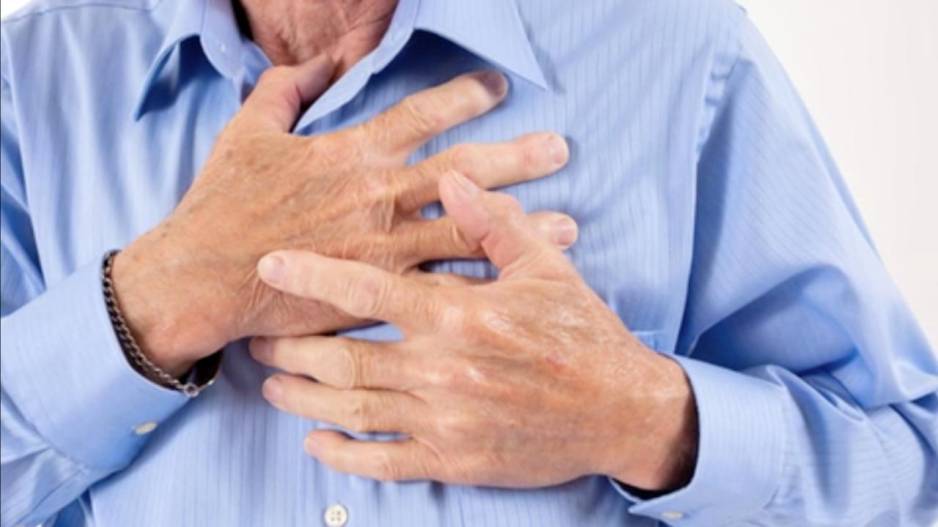Men who work in stressful jobs and earn low wages are twice as likely to develop heart disease as men without these psychosocial stressors, a new study has warned.
The study, published in the journal Circulation: Cardiovascular Quality and Outcomes, found that two psychosocial stressors, job strain and effort-reward imbalance, can increase the risk of heart disease. Indicated.
“Given the enormous amount of time people spend at work, understanding the relationship between work stressors and cardiovascular health is critical to public health and employee well-being,” said CHU de Quebec. -Mathilde Lavigne-Robichaud, University Laval Research Center. Canada.
The study found that men who experienced either work strain or an effort-reward imbalance had a 49 percent increased risk of heart disease compared to men who did not report those stressors. has become clear.
However, men who reported both work strain and effort-reward imbalance had twice the risk of heart disease compared to men who did not experience these combined stressors.
The effect of psychosocial stress at work on women’s heart health was inconclusive.
According to Lavigne Robichaux, “job strain” refers to a work environment in which employees face a combination of high job demands and low job control.
Effort-reward imbalance is when employees put in a lot of effort at work, but they perceive that the rewards they receive in return are insufficient or unequal compared to their efforts. means if
Researchers studied about 6,500 workers with an average age of 45 without heart disease and followed them for 18 years, from 2000 to 2018.
The researchers measured work strain and effort-reward imbalance using validated questionnaires, and used established health databases to obtain heart disease information.
“Our results suggest that interventions aimed at reducing stressors from the work environment may be particularly effective for men, and may also have a positive impact on women. “This is because these stressors are associated with other common health problems, such as depression,” Robichaud said.
“This study’s inability to establish a direct association between psychosocial work stressors and coronary heart disease in women means that the complex interactions between various stressors and women’s heart health may be complex.” This indicates that further research into its effects is needed,” Robichaud added.
